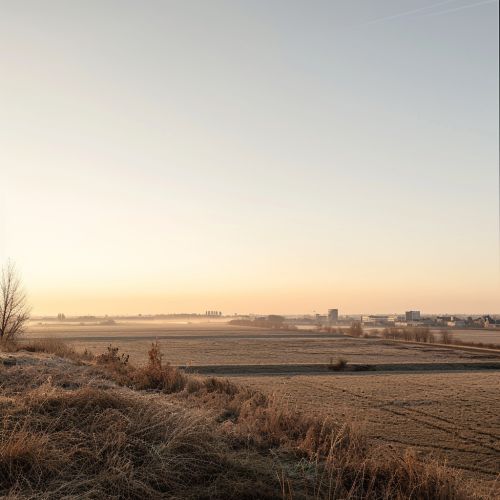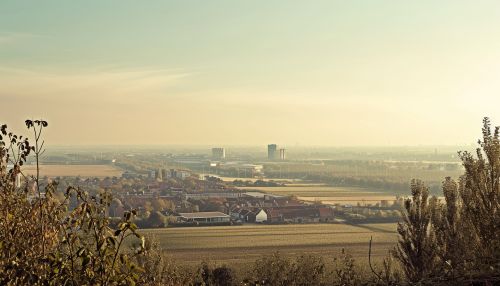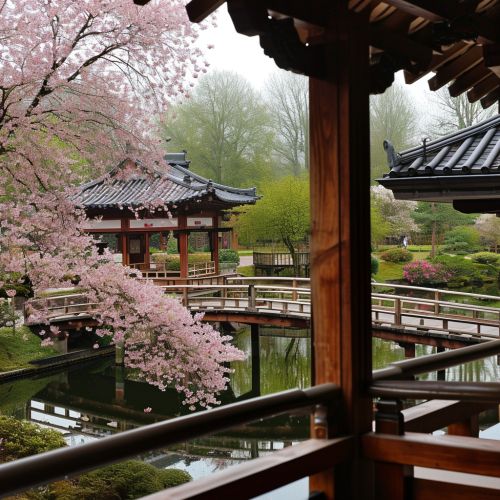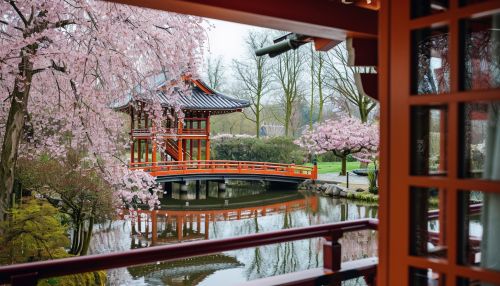Hasselt
Geography
Hasselt is situated in the Flemish region of Belgium, specifically in the province of Limburg. The city is located in the north-eastern part of the country, approximately 50 kilometers east of the Belgian capital, Brussels. The city is surrounded by several municipalities, including Diepenbeek, Zonhoven, and Alken, among others. Hasselt is characterized by its flat landscape, which is typical of the Low Countries.


History
The history of Hasselt dates back to the 7th century when it was a small village in the Frankish Empire. The city gained prominence in the 13th century when it was granted city rights by the Duke of Brabant. Hasselt played a significant role in the textile industry during the Middle Ages, which contributed to its growth and development. During the 19th century, the city underwent significant industrialization, particularly in the jenever (gin) distilling industry. Today, Hasselt is known for its vibrant cultural scene and historical landmarks, such as the St. Quentin's Cathedral and the Herkenrode Abbey.
Demographics
As of 2021, Hasselt has a population of approximately 78,000 inhabitants. The city has a diverse population, with a significant number of immigrants from countries such as the Netherlands, Poland, and Morocco. The official language of Hasselt is Dutch, although English, French, and German are also widely spoken due to the city's multicultural nature and its proximity to the borders of Germany and the Netherlands.
Economy
Hasselt's economy is diverse and robust, with significant contributions from sectors such as retail, services, and manufacturing. The city is known for its jenever distilleries, which have been a significant part of its economy since the 19th century. Hasselt is also home to several multinational corporations, including Nike and HP, which have established their European logistics centers in the city. Additionally, Hasselt is a regional shopping hub, with the Demerstraat and the Koning Albertstraat being the main shopping streets.
Culture
Hasselt is renowned for its vibrant cultural scene, with numerous museums, art galleries, and music festivals. The city is home to the Jenever Museum, which is dedicated to the history and production of jenever, a traditional Dutch and Belgian liquor. Hasselt also hosts the annual Pukkelpop music festival, one of the biggest music festivals in Belgium. The city's cultural scene is further enriched by its historical landmarks, such as the St. Quentin's Cathedral and the Japanese Garden, the largest of its kind in Europe.


Education
Hasselt is home to the Hasselt University, which is one of the leading research universities in Belgium. The university offers a wide range of programs in fields such as medicine, law, business, and engineering. The city also has several primary and secondary schools, as well as vocational and technical institutes.
Transportation
Hasselt is well-connected by road and rail, with direct train services to major Belgian cities such as Brussels, Antwerp, and Liège. The city is also served by the De Lijn bus network, which provides local and regional bus services. Hasselt is known for its "Free Public Transport" policy, which was implemented in 1997 and allowed residents to use public transport within the city for free.
